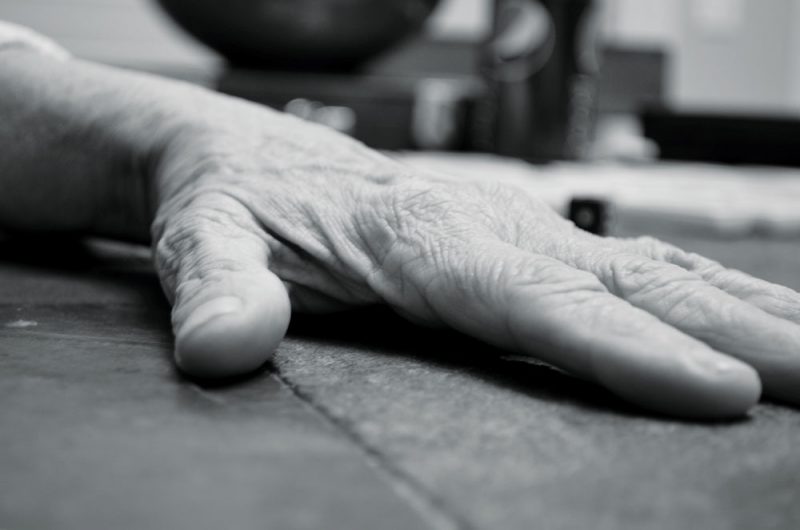Switching out sleep cycles wrecks health
At the age of six, children may not know how to complete algebraic equations or explain why gravity is different for each planet, but they’ll already be on their third sleeping schedule.
After birth, infants have a polyphasic sleep schedule. They sleep multiple times throughout the day for a total of 18 to 20 hours, Dr. Munish Goyal, assistant professor in the neurology department at the University of Missouri-Columbia Hospital, said.
This changes by kindergarten, when children have a biphasic sleep schedule. Rather than multiple “naps,” most children will only take a short nap in the afternoon with the majority of their sleep taking place at night. By the time children enter elementary school, they will already be fully adapted to a monophasic sleep schedule, with all of their sleeping hours allotted to nighttime. Some adults have decided to revert to these periodic cycles of sleep, portioning their work throughout 24 hours.
“I think that’d be really weird,” senior Althea Felton said. “I just think 30 minutes [for sleep] isn’t enough. People have told me that you fall into a deeper sleep later on in your sleep and you wouldn’t really ever get to that point in 30 minutes.”
There are a total of five major sleep cycles available for practice according to pyschologytoday.com: the monophasic, where sleep takes place in one block of time, or the uberman, everyman, dymaxion, and biphasic, where sleep happens in increments ranging from 20 minutes to four hours.
“Scientifically, these cycles are not recommended by the sleep physicians. By doing these different patterns of sleep — the everyman, dymaxion [and] uberman sleep — the total amount of sleep will range from two to four hours of sleep which is much less than the required sleep by an adult and it will be like sleep deprivation,” Dr. Goyal said. “Adhering to polyphasic patterns of sleep with short periods of sleep, a person may get [rapid eye movement] sleep deprivation, as the REM sleep comes in cycles of 90-120 minutes. REM sleep is one of the most restorative and refreshing sleep and deepest form of sleep, so that’s why it’s important to have monophasic sleep.”
The importance of REM sleep lies in the hormone secretion that takes place during the REM stage of sleep. Dr. Goyal said during the early childhood years, children experience more N3 and REM sleep which is when hormone secretion takes place, explaining why so much emphasis is put on sleep during the growing period in a human’s lifespan.
Sleep deprivation can result in early morning headaches, poor concentration, poor immunity and can also serve as a risk factor for Alzheimer’s and increase cancer growth.
“You always learn eight hours of sleep is important, but it’s not always an option to get eight hours of sleep each night just because we get out of school so late; we have so much homework, we have practices after school,” junior Grant Sykuta said. “I’ve been educated, but it’s not always been able to go to use.”
The opportunities present in high school often tug at the attention and time of students. With a multitude of athletics, musical groups and extracurricular clubs to balance, students still need to pay heed to their sleep needs.
“I think that it’s really wonderful to have a stop time, so I’m always going to stop working at 10:30, and I’m going to go to bed,” EEE teacher Kathryn Fishman-Weaver said. “Don’t beat yourself up if you can’t meet that goal every day, but the days that you do, celebrate, like, ‘Yeah, I’m taking care of myself.’”
Students aren’t the only ones having a hard time catching a good night’s sleep though.
According to sleepfoundation.org, 43 percent of Americans between the ages of 13 and 64 report rarely or never getting a good night’s sleep on weeknights and seven percent of Americans in the same age group say they get less than six hours of sleep on weeknights.
At RBHS, almost 80 percent of students are subject to sleep deprivation, with 14 percent of students sleeping less than five hours each night, 29 percent of students sleeping only five to six hours and 37 percent of students sleeping seven to eight hours.
“As a health specialist, we always recommend taking care of your health, so we recommend that a person should sleep whatever sleep requirements a particular person has,” Dr. Goyal said. “We should not sacrifice our sleep for our work. It may done once in a while, but not on a regular basis. But working for 18, 20 hours every day or sleeping for only four to six or five hours every night, that’s not a good schedule. Your sleep should not be sacrificed for work or business — or whatever you call it.”

By Alice Yu
infographic by Claire Simon
infographic information: psychologytoday.com
Categories:
Sleeping Beauty, take two
December 28, 2014
0
Tags:

















































































